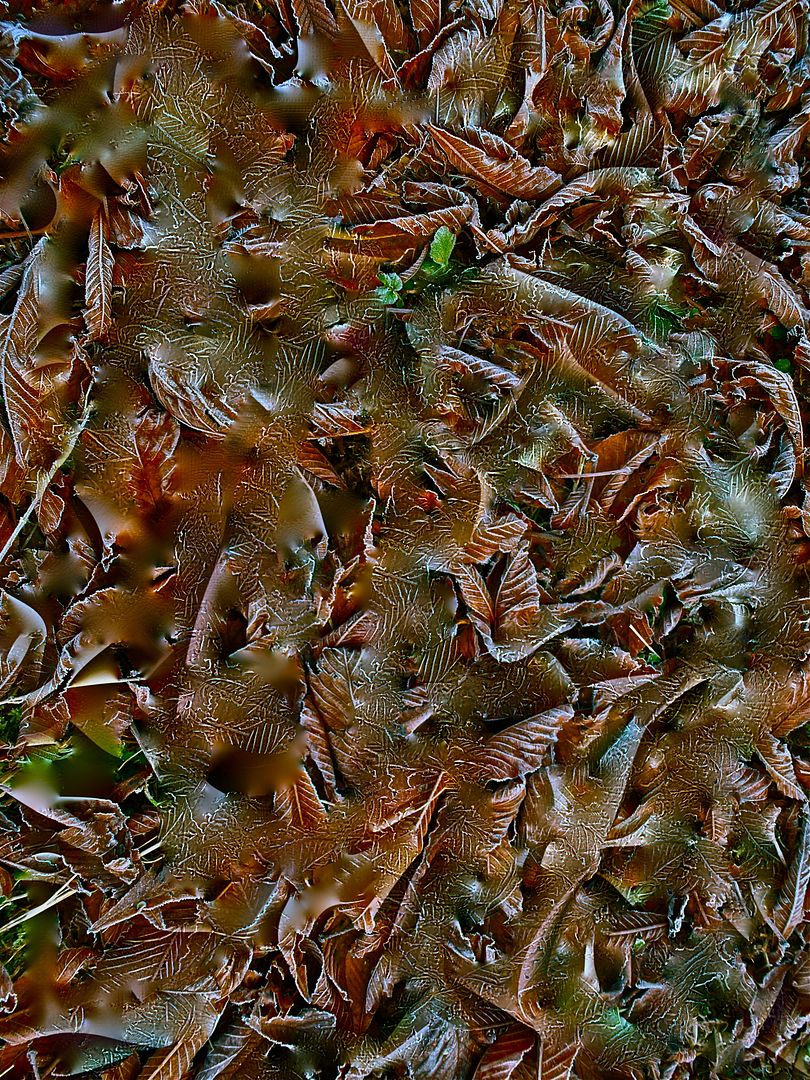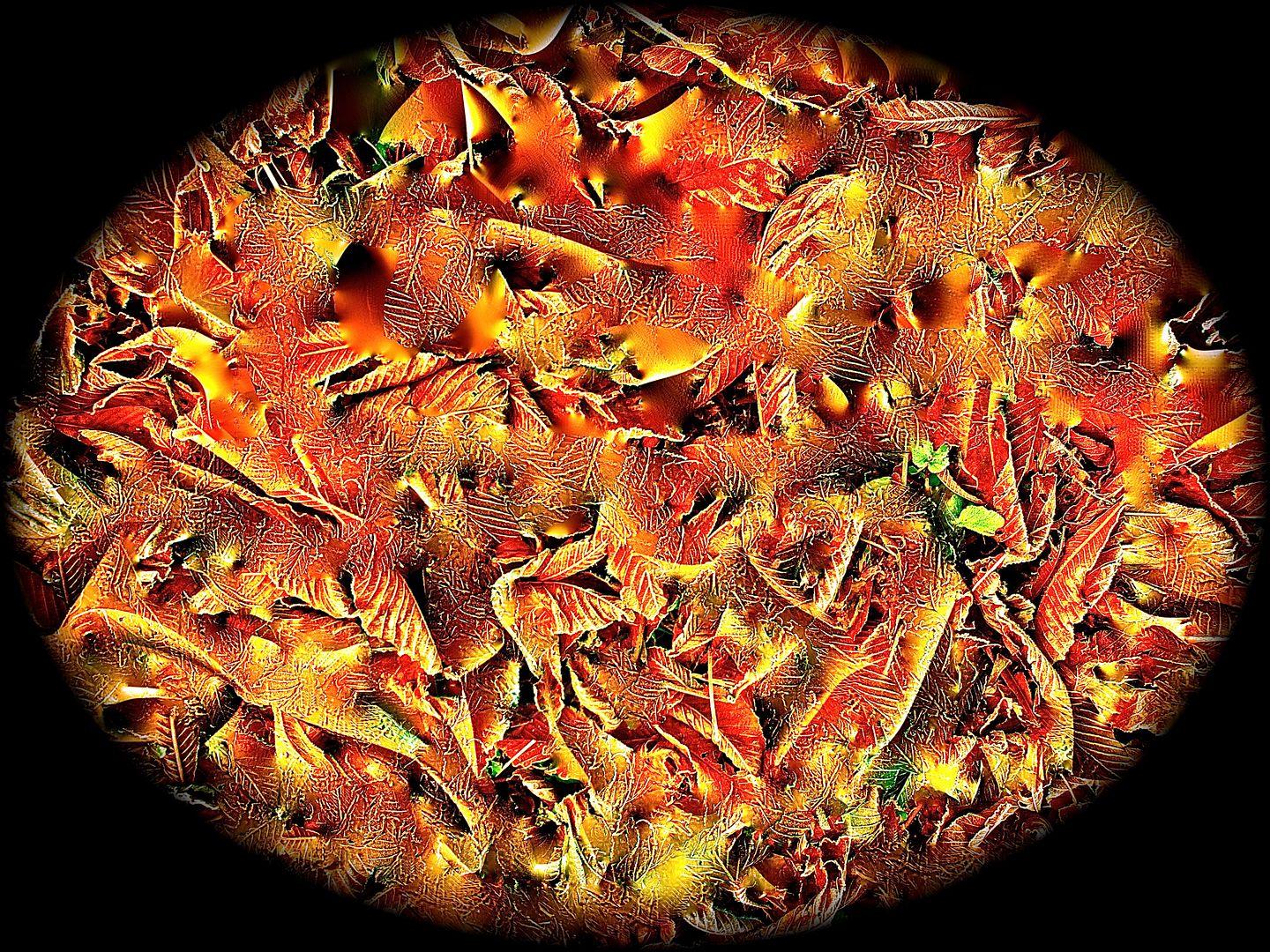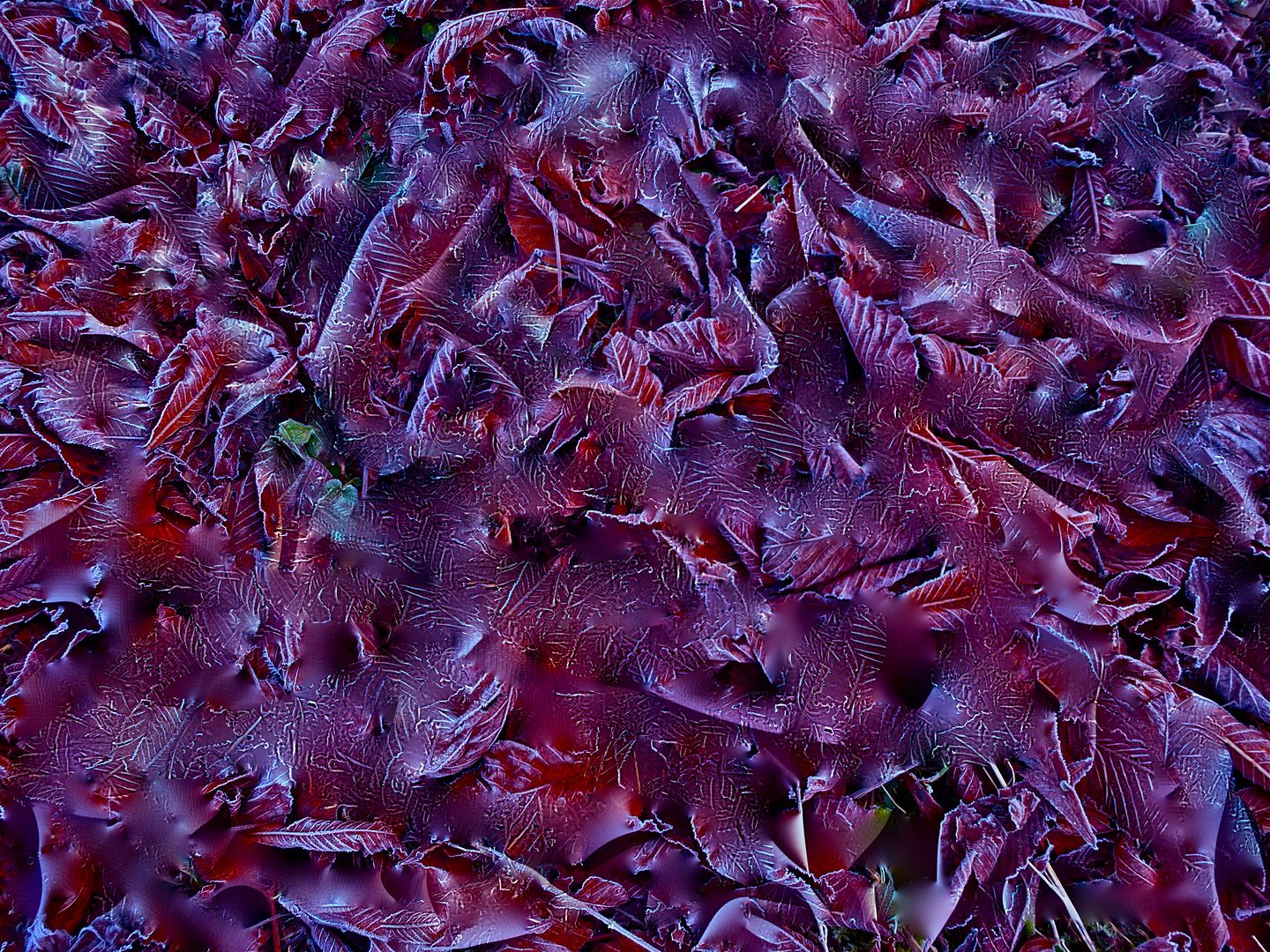A blog about being a hip kid in an old fart's body, and just how embarrassing that is for all concerned.
Also a dump for pictures and writings that aren't going to be published anywhere else
Tuesday, 17 March 2015
Credo - God, the meaning of life, that sort of thing in general
I stopped identifying as an atheist a while ago, because I am interested in the concept of god, its font and the form it takes. While many fellow disbelievers insisted that the patriarchal creator god (and presumably by extension all gods) had no existence except as concepts, that is precisely what interests me about the subject.
Colours to the mast here. I was brought up indifferent to religion. My parents were four-wheeler Xians at best, never setting foot inside a church except for weddings, christenings and funerals. I don't believe in much, and place faith in less. Like Charles Fort, I feel that any belief, 'religious' or otherwise, is no more than the right set of clothes to wear, for a while. I certainly do not believe there is such a thing as The Truth (or indeed One God). True and false, like right and wrong and most systems of duality, are contingent, and all absolute statements (including this one) make little sense to me. A moral philosopher I know once described me as the 'worst kind of relativist slut' and I wear my badge with pride.
One consequence of (or possibly reason for) this is the idea that all of us live in our own worlds, as our perceptions are modified and filtered to suit our world-view. This is not the adolescent solipsistic shit we all went through – only I am real, I create / imagine the world – rather the recognition that we each create our own world and carry it around with us. Everyone of these worlds is as real as the other, but they are all different. Sometimes the difference is enough to label a person's worldview as insane or eccentric, but even within the broad spectrum at the core there are unique subtleties.
While I have made no attempt to dissemble my psychenautic past or stoned present, such shenanigans only began in my early twenties. The core of most of my ideas and some of my epiphanic and gnostic experience [ahem, see below] predated it. This is not to say that such experiences were unrelated to brain chemistry or made me conceptualize an ineffable otherness, but they had a reality and a power.
I use the words epiphany and gnosis to describe certain experiences (out of body or out of time states, dissociation, 'oneness with the universe') because I am an artist, and they are words with power which also exactly describe them, not because I wish to ally myself with any particular religious tradition or story about why they occur. They did happen to me (and I also experienced something similar on occasions with LSD, Salvia divinorum and mescalin, as well as on adult occasions when I was straight(ish)) though. As a Romantic, stuffed to the gunwales with negative capability, I didn't seek to resolve, define or explain this experience, I chose to glory in it; as a hedonist, I sought it out.
This is what interested me in Crowley's writing (that and the sex jokes), and to some extent populist texts about Buddhist thought and practice; the idea that such mental states could be achieved, or encouraged, by physical means (which includes ritual, meditation, meditation upon symbols, fasting, drug-taking, self-torture, self-deprivation of all kinds, sexual techniques and stuff designed to gross one out or frighten you almost to death). I have rarely if ever practised anything that most people would recognize as a magickal ritual (although viewed from my perspective I practise many of them - such as taking photographs – most every day), but I did get the basis, that these techniques to change the world in accordance with one's will (the basic definition of magical thinking) were actually about changing one's perceptions of the world; usually subtly, occasionally radically. Rather than dig out the bell, book and candle, I read a bit about neuro-linguistic programming and a lot about psychedelic drugs and made my own rituals. They worked, too, in the sense of realigning the way I thought about and thus perceived things. The easiest way to change the world is to change your mind.
But I digress.
Of course, reading this magickal stuff meant I had to get acquainted with many gods, from Egypt and India in particular, as well as the Graeco-Roman Pantheons, and I came to understand them as manifestations of human characteristics and feelings – archetypes in 20th century language - dripping in symbolic power and providing (much like the Qbala and astrology) a kind of taxonomy of the self. And, of course, they all contained Goddesses, echoes of the early fertility goddess, the Mother Earth, that we intuit from pre-historic sculptures. I'm interested in all of them, and the stories that people tell about them, because it's essentially people telling stories about themselves.
Which brings me back to reality (*ahem*). In all animals, as far as I know, brains process the raw data provided by the sense organs to tell the creature a story about its surroundings that allows it to function and live out its life. And so it is with us: basically, the stories may be more complex, but they are basically abstractions, heavily censored and moulded, 'designed' (to use a provocative word) to help us keep living. The difference for us is that we can know that we're doing it, that we are self-aware, and, having language, can think conceptually about it. We know time (or, to be more precise, we invented it). As far as anyone knows this is a fairly recent development in human history, a second or two in evolutionary terms.
And this is where I think the god idea comes from, the slightly smaller bang when the human brain synergistically, maybe accidentally, became aware of itself, and drowned in awe and wonder at the sparkling dance. And it's an echo of this I feel in what I choose to call an 'epiphany', others religious ecstacy, others still a dissociative experience (and many more. You get the picture? Yes, we see.)
From my point of view it seems a pity to objectify this extraordinary thing, to externalize it, reify it and give it a gender and ultimate authority over everything, but no one can tell me it does not exist, because I have experienced it, and it is not in my nature to prefer dogma – no matter how well-argued or elegantly turned - over gnosis. I can't really call myself an atheist, and while I flirted with the label of pantheist for a while, I finally decided that, glorious though the idea of life itself is, and worthy of wonder, two fingers to the entropic crew, what is truly worth worshipping is the fact that we know we are alive, and busy creating and recreating the world every second.
I am god. And so are you. We made this place.
Every Man and Woman is a Star
Thank you
*APPLAUSE*
Monday, 16 March 2015
Variations on a theme
Subscribe to:
Comments (Atom)


